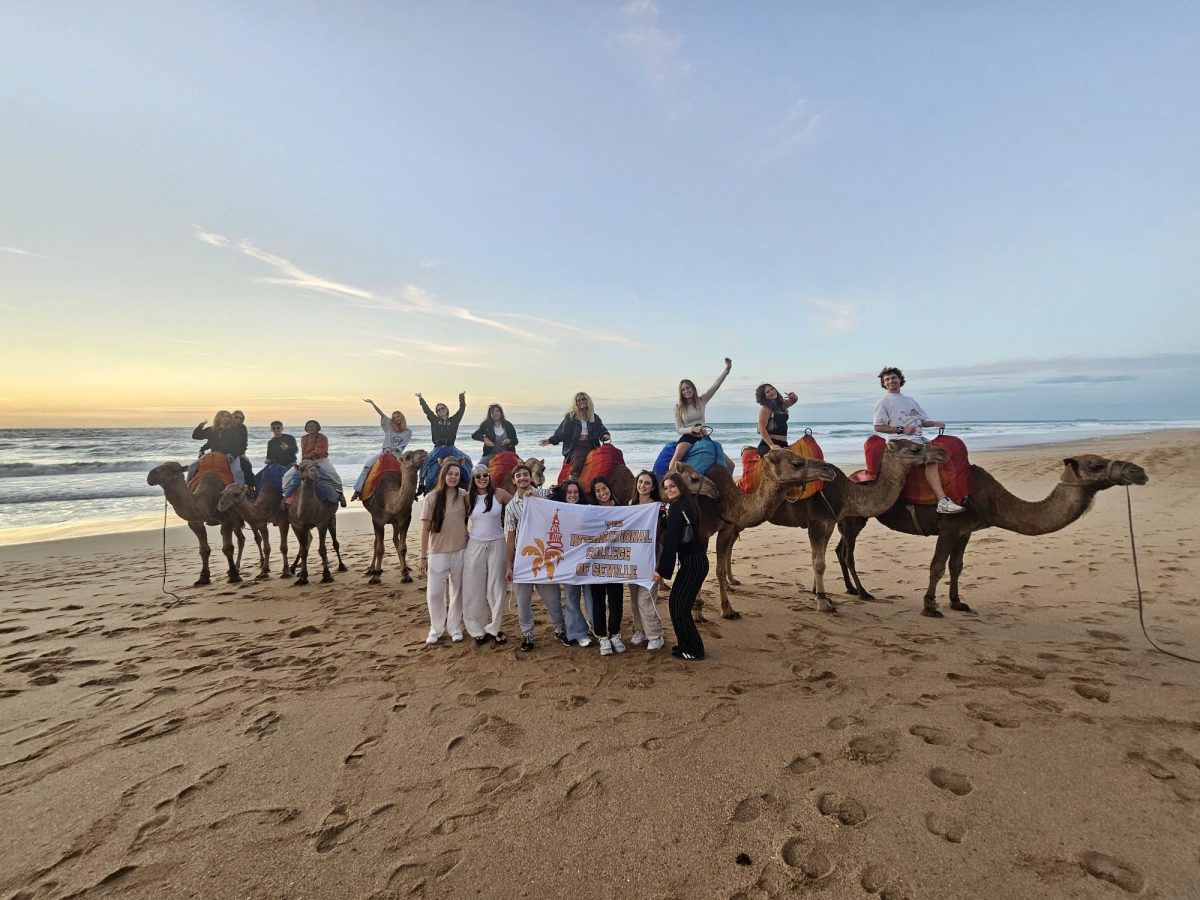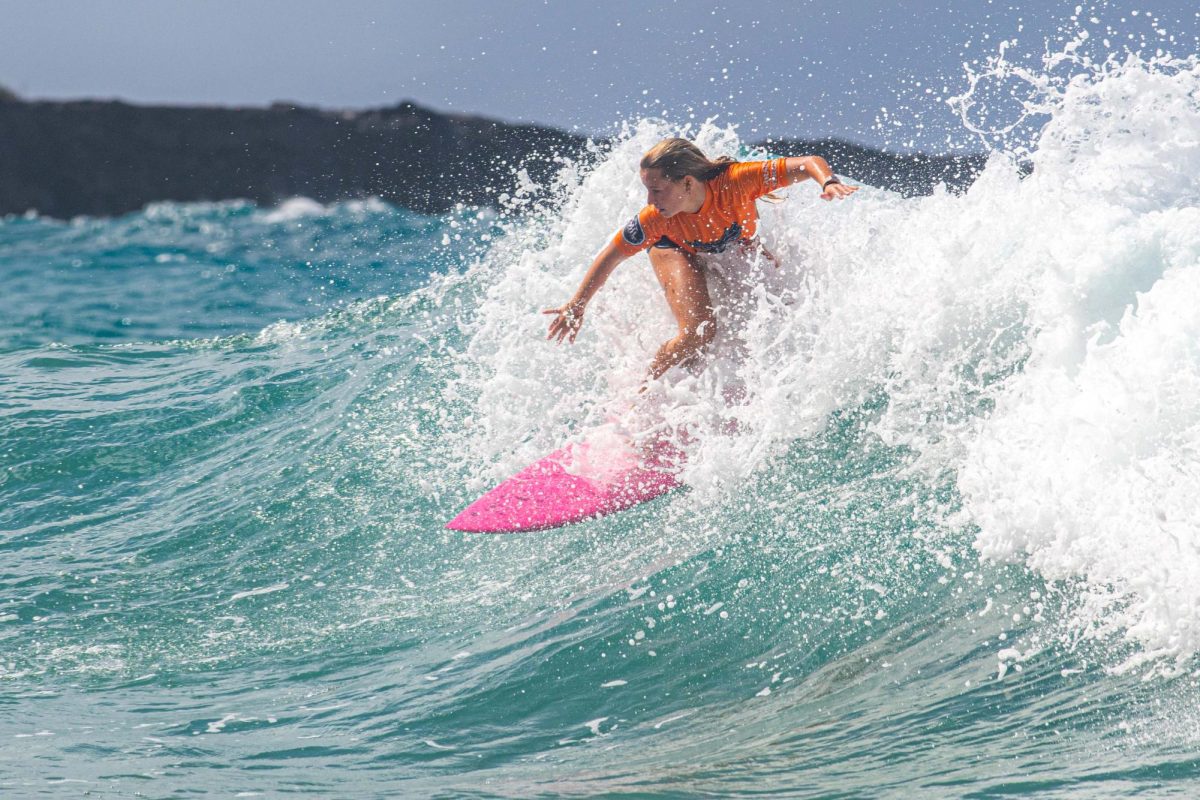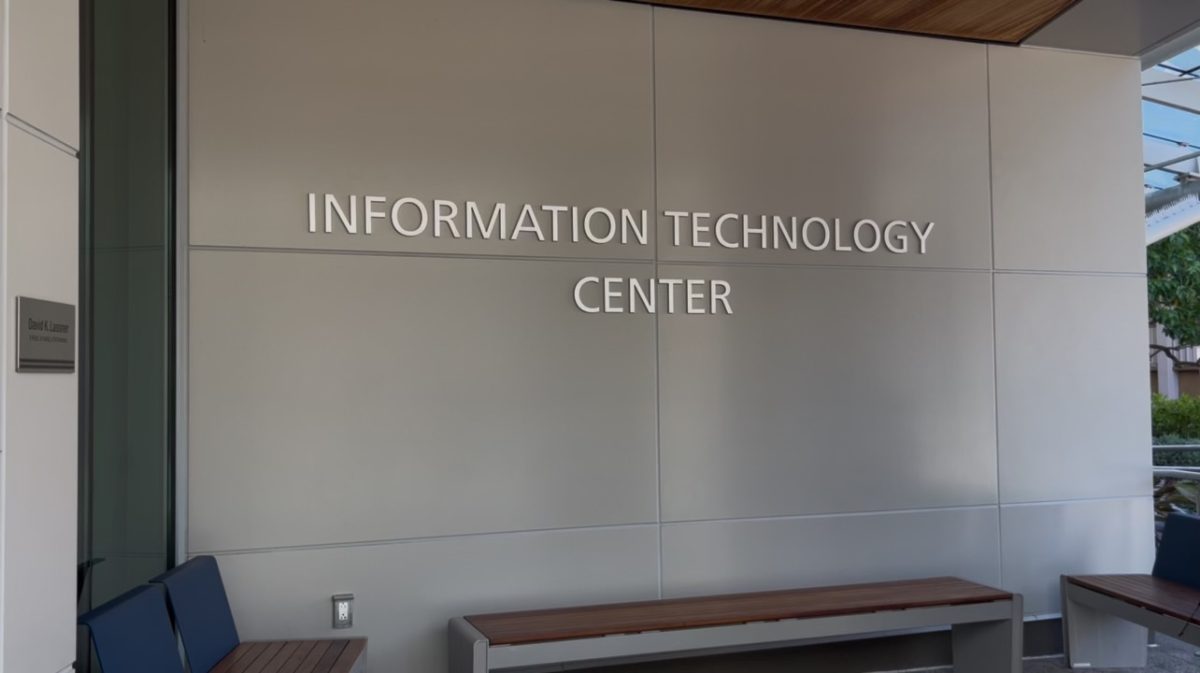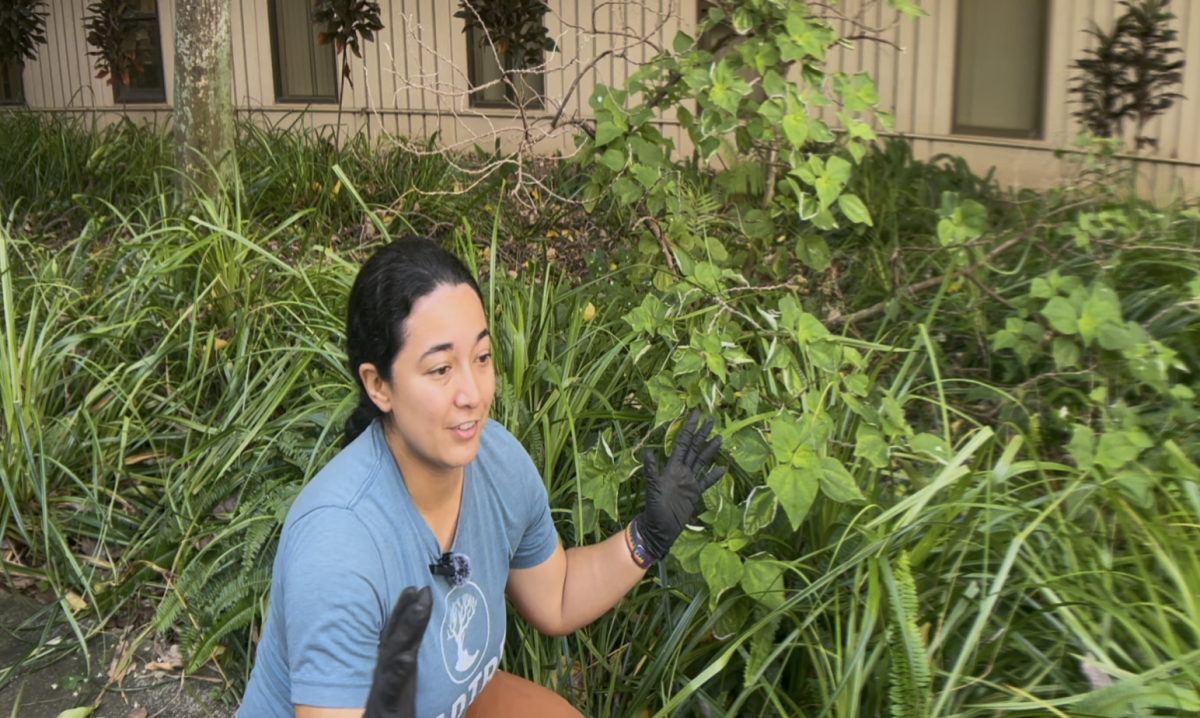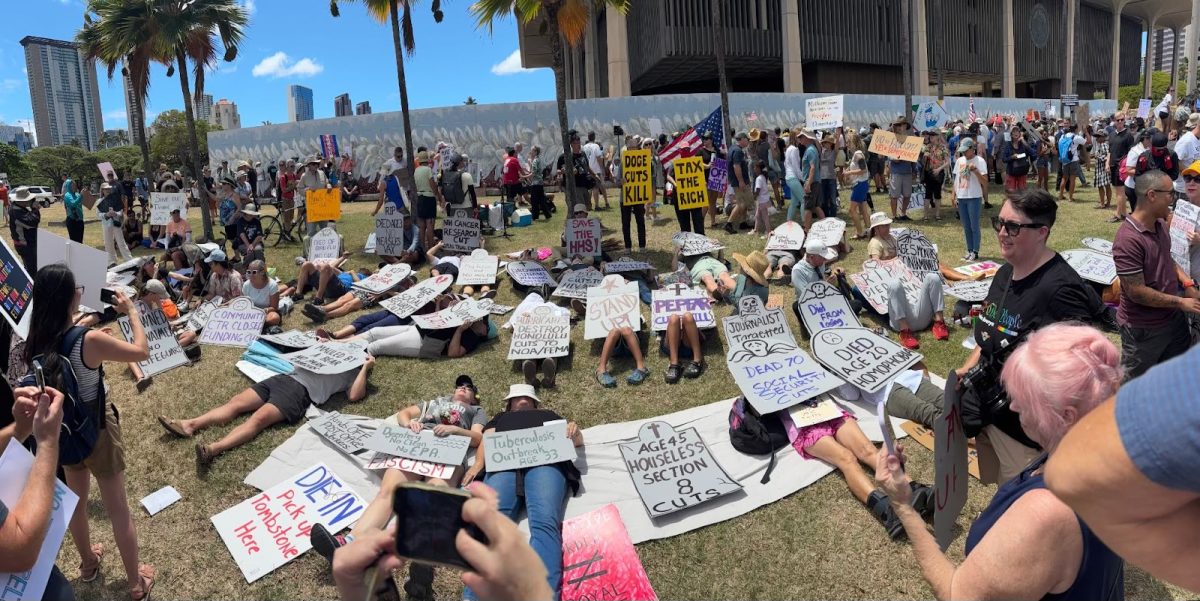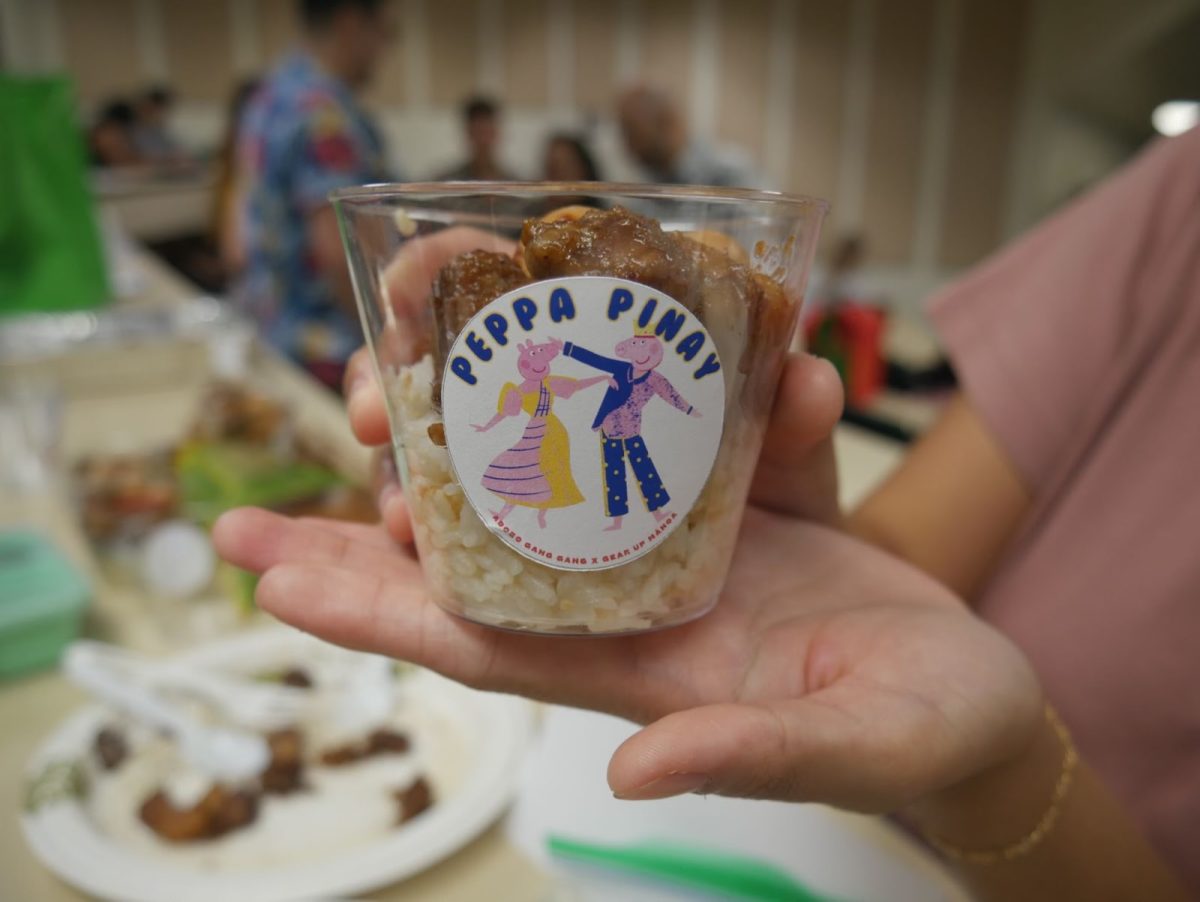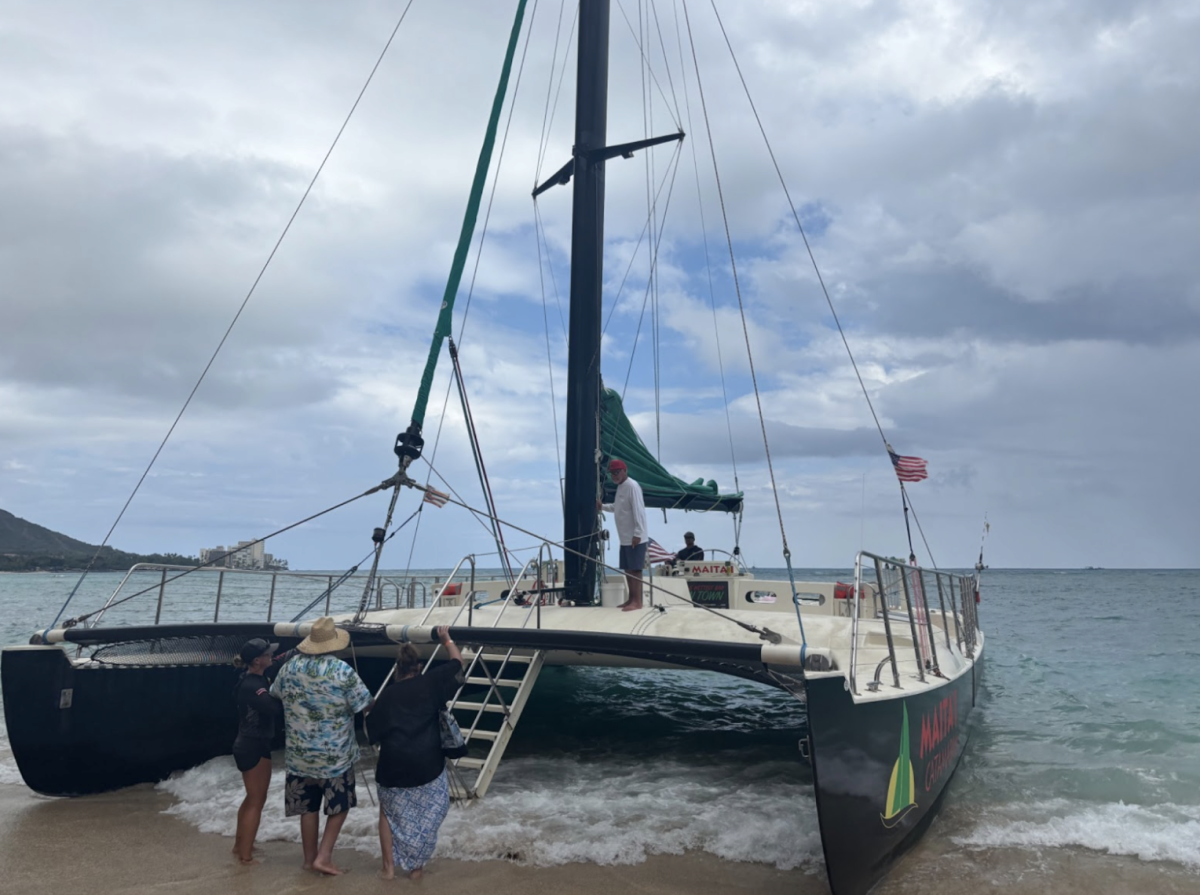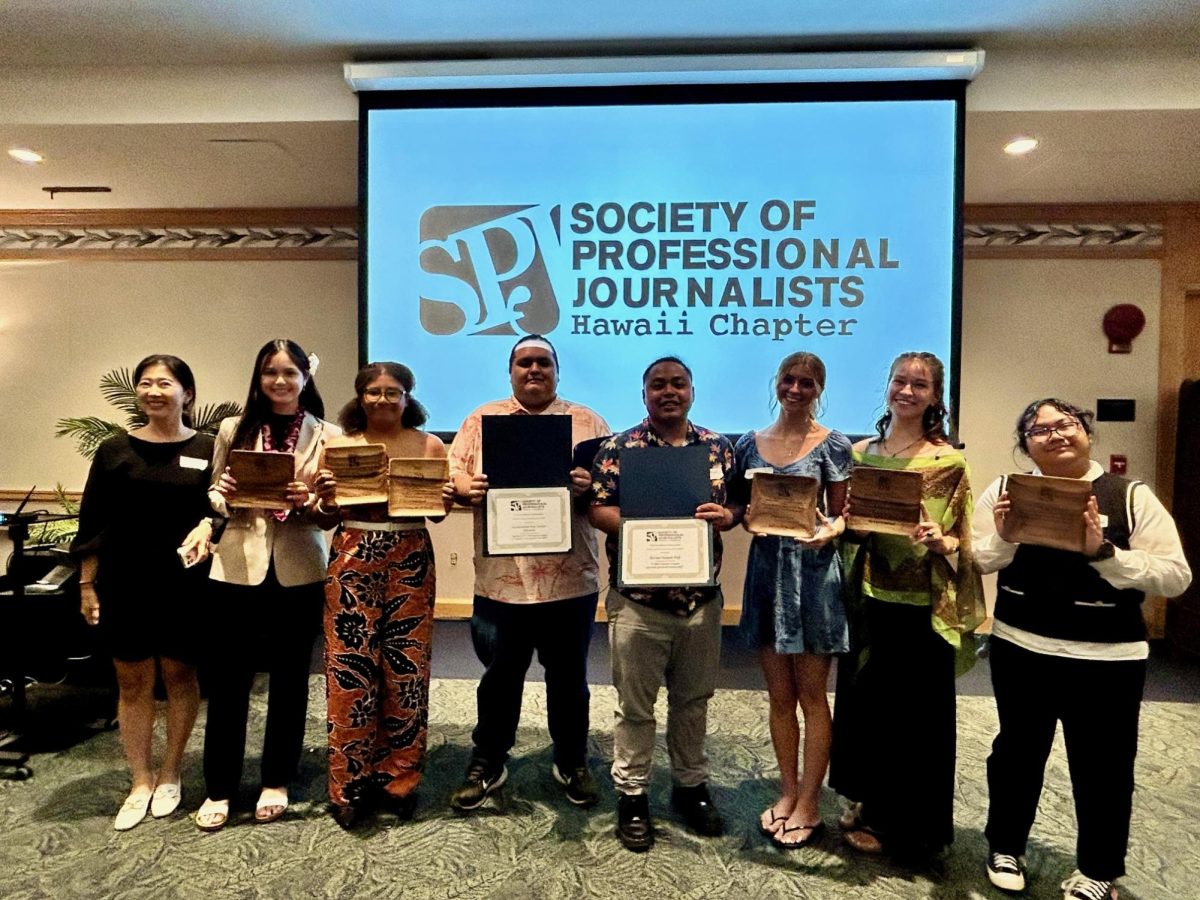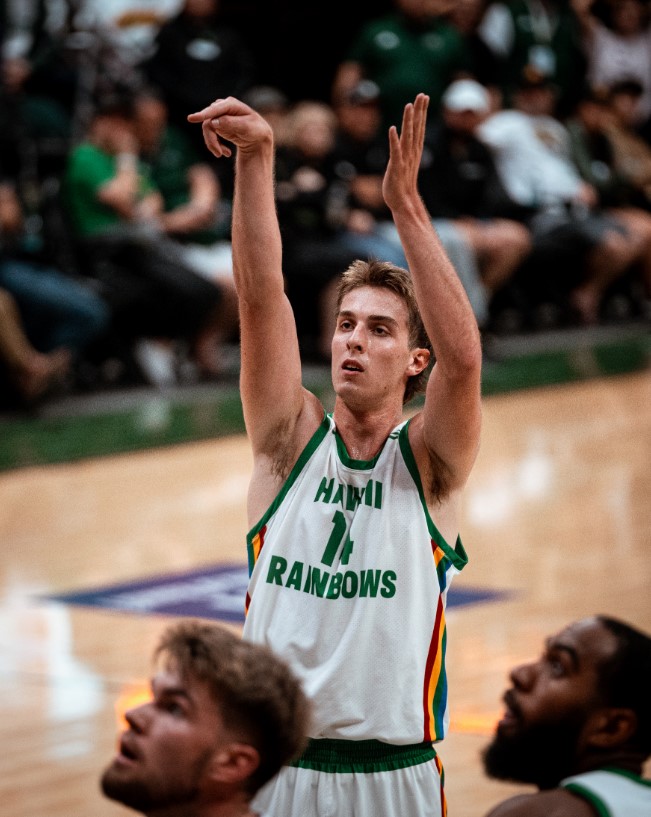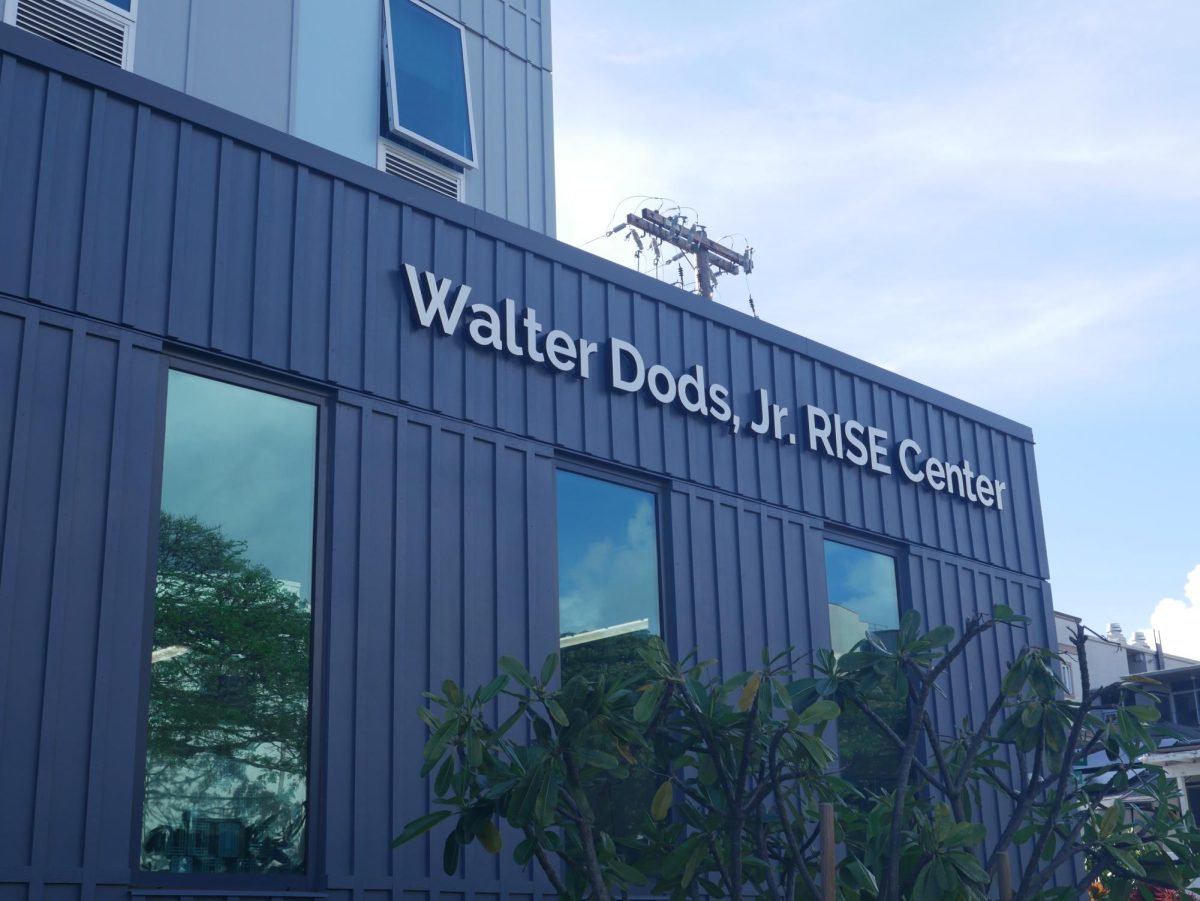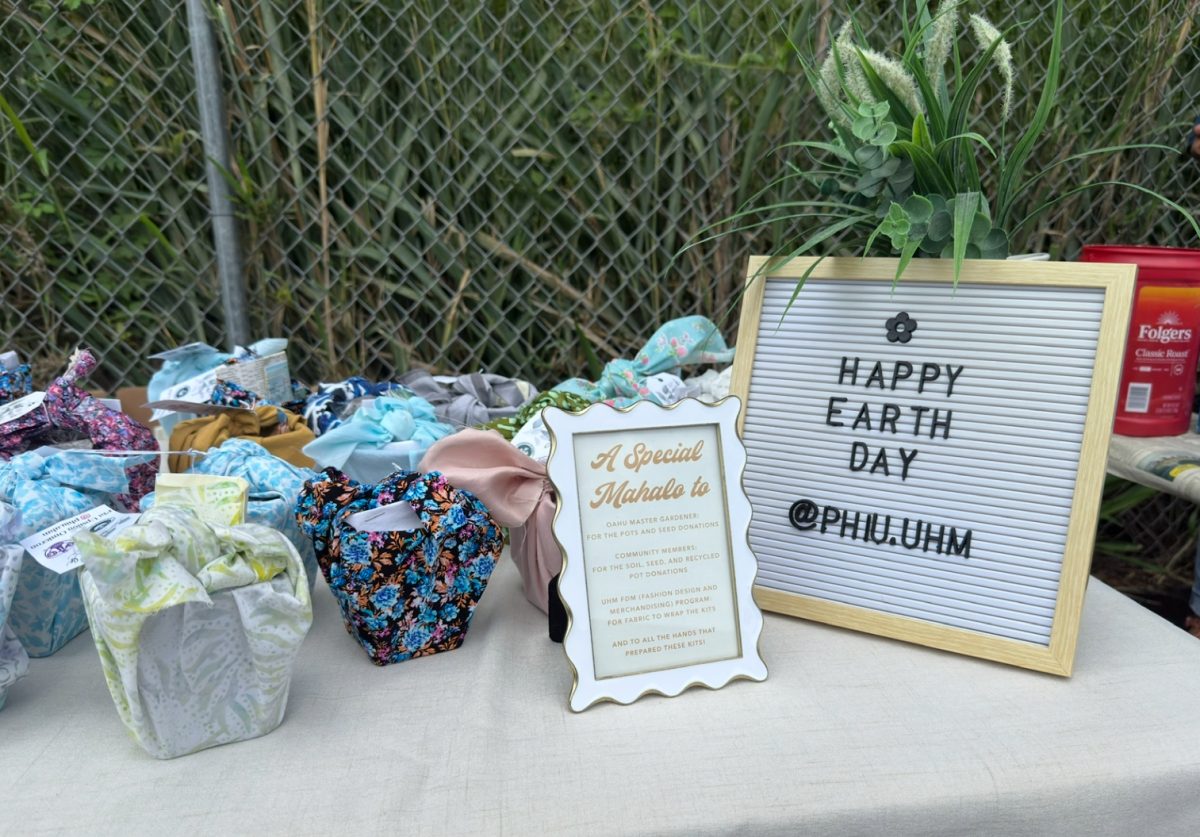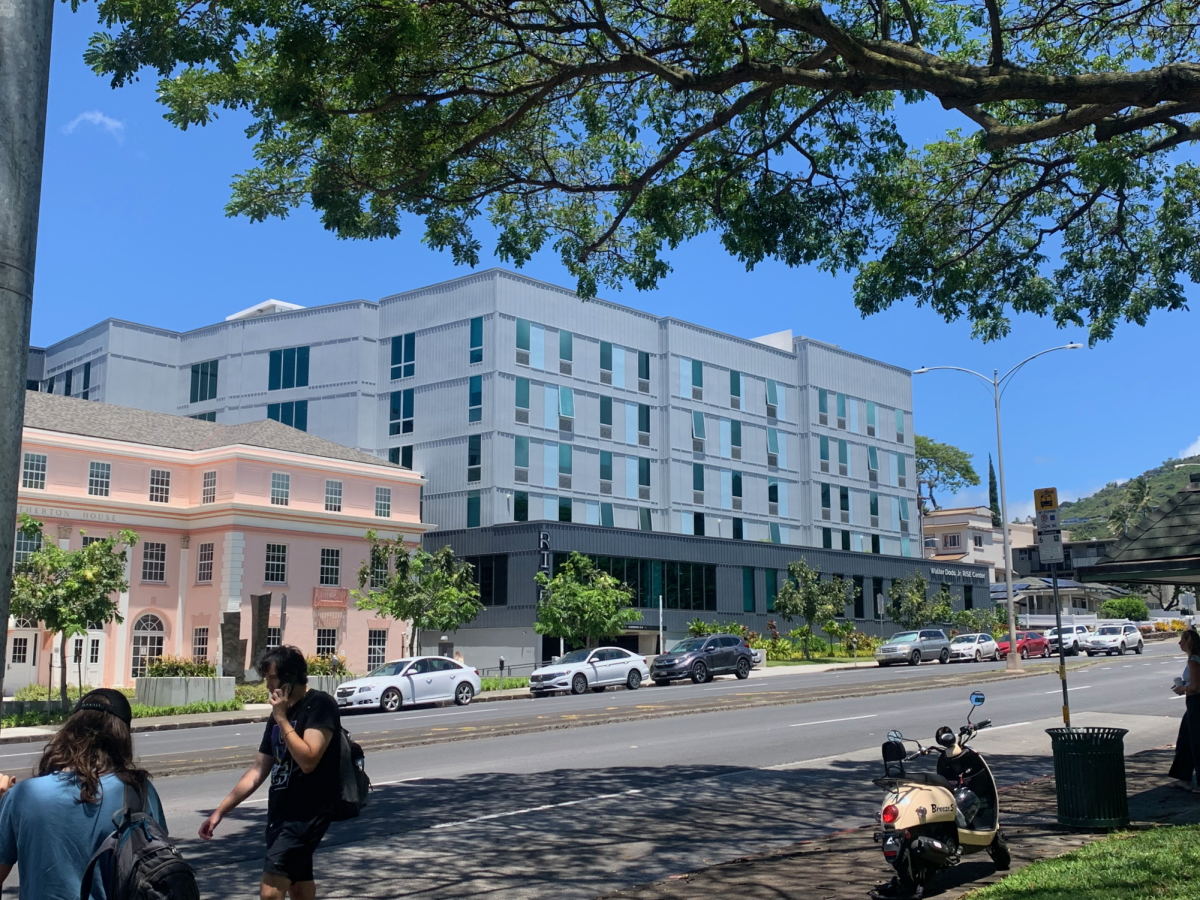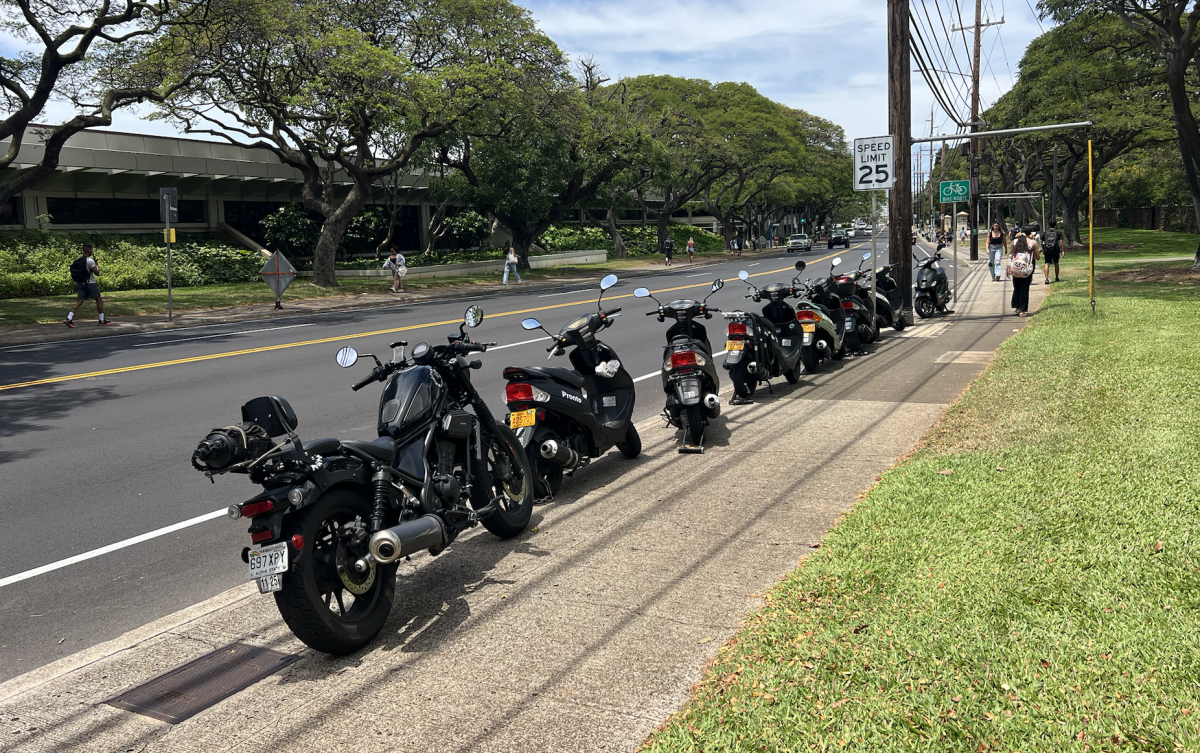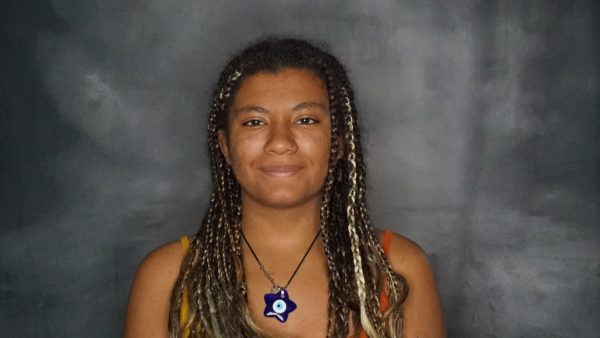A typical day for a University of Hawaiʻi at Mānoa student might involve heading to campus for back-to-back lectures, long hours in the library, and grabbing coffee with friends before heading home to study for the next big exam. But for those studying abroad in Seville, Spain, the routine is entirely different.
Mornings start with breakfast at their homestays, often featuring fresh coffee and a tostada. Afterward, students take leisurely strolls by the iconic Plaza de España. After classes, it’s common to grab a quick bite at a local café or bar. Weekends offer opportunities to explore other parts of Spain or even travel across Europe. For UH Mānoa students in Seville, this relaxed, adventure-filled lifestyle is a far cry from the campus grind back in Honolulu.
Studying abroad is more than just a chance to travel—it’s an opportunity to immerse oneself in a new culture, build lasting connections, and gain a fresh perspective on the world. International College of Seville fosters personal and academic growth by immersing students in a dynamic cultural environment, enhancing their language proficiency, and allowing them to apply academic knowledge to real-world experiences. This fall, 19 students, led by a resident director from the University of Hawai‘i at Mānoa, embarked on an exciting three-month adventure in Seville, Spain.
The International College of Seville (ICS) partners with the University of Hawai‘i at Mānoa’s Study Abroad Center, along with other U.S. colleges, including The College of Staten Island and Broward College. Students can choose from a range of courses, including Spanish history and cinema, while enjoying a personalized classroom experience.
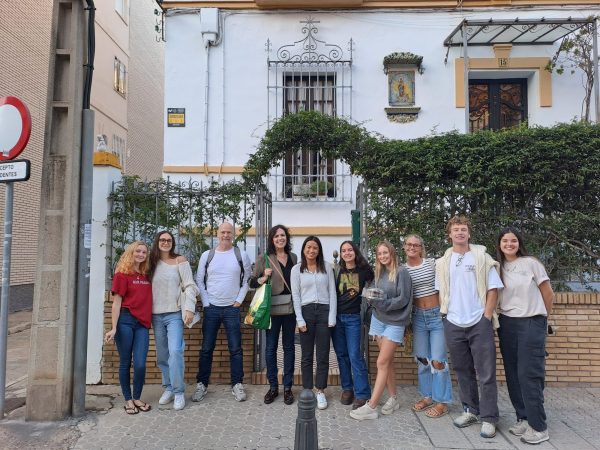
The program also offers the option to enroll at the University of Seville, where courses are primarily taught in Spanish, or at Centro Universitario EUSA in English.
“I like a small group just because you get to connect with everybody and I feel our group is very nice.” said Gabriela Cervantes, a senior at The University of Hawai‘i at Mānoa majoring in Journalism. “ I really like everybody in the program and I think that has made the experience way better. I have international classmates who are studying abroad as well, but they always go like, ‘Oh my God, your activities are so much better.’”
Students can also take part in a variety of activities, including cooking traditional Spanish dishes like paella and sangria, attending flamenco classes, and going on field trips to Morocco and other regions of Spain. The program also includes a welcome week, where students spend their first week exploring the city, trying churros, touring the city center, and even taking a boat ride.
Lisa Dolan, director of student affairs at ICS, says the main goal of the activities is to help
acclimate to Seville and eventually feel they have a small family they can rely on.
“Most students are scared students and they’re scared about it, you know, Jesus, it’s such a different place, if they’re going to like the food, if they’re going to make friends and so on but it’s essentially to put everyone at ease that this is gonna be fun and that there’s nothing to be afraid of,” said Dolan.
Studying abroad also allows students to broaden their horizons beyond Spain. It provides many with the opportunity to travel on weekends, whether with friends they have made through the program or independently for the first time.
“My favorite memory here has definitely been going to Amalfi, Italy, because Amalfi was a place I knew I wanted to visit, but I just didn’t think it was gonna happen this soon,” said Cervantez. “ Like I thought it was gonna be happening later in my life. Amalfi was a dream come true for sure and just swimming in the clear water and being like oh my God, what am I doing here? It’s an amazing feeling.”
Portia Culp, a senior double majoring in Psychology and Spanish, says while she was nervous to leave Hawaiʻi as she considered it home, arriving in Spain forced her to come out of her shell.
“When I first got here, it was a big adjustment for me to be around more people more often, especially with my homestay family, and so, that was a bit uncomfortable at first, but now it got to a point that I was comfortable with it,
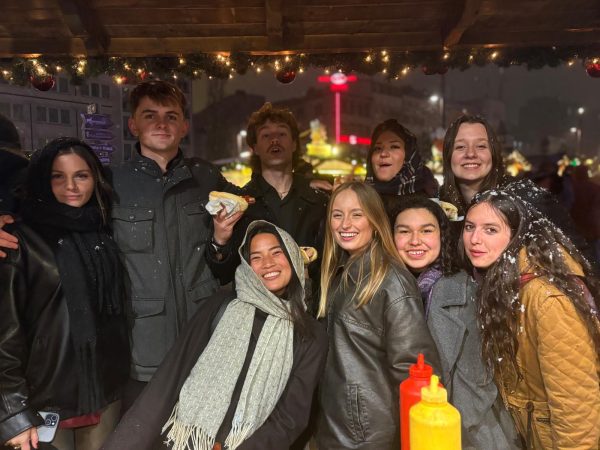
” said Culp. “I would say I’m probably gonna be a little homesick in Spain now, so it’s gonna be an adjustment having to go back to Hawaiʻi.”
Studying abroad comes with its challenges, including homesickness, loneliness and the feeling of missing out. Jada Li Edmondson, a junior at the University of Hawaiʻi at Manoa majoring in Communication, expressed that one of the toughest aspects for her was the constant feeling of missing out on things back in Hawaiʻi.
“No, because I felt like I was gonna miss out on things in Hawai’i cause I liked it so much and I have good friends there and everything, but then I felt like it was a once and a lifetime opportunity,” said Edmondson.
Students are placed with host families and also live with other students in the program. Host families provide meals, cleaning, and are selected based on students’ preferences, which are collected before arrival. For Adam McKay, a senior at Westfield State University double majoring in sports management and Spanish, living with his host mom was an amazing opportunity.
“I’ve made a real friend with my (host mom) where it’s like now if I come back to Seville, she’s like, I wanna cook you a meal, we’re gonna hang out, we’re gonna go out for a beer,” McKay said. “It was a great way to practice my Spanish with her but, you really need to put in effort as well. Don’t just lock yourself up in your room all day. But go through it, talk with them, spend time, watch TV, watch the news and I promise your experience will be much better.”
In addition, ICS offers faculty-led opportunities that provide students with a sense of comfort, especially for those traveling abroad for the first time, while also offering valuable support. Mark Moody, a professor in the School of Cinematic Arts at the University of Hawai‘i at Mānoa serving as the resident director, described his initial experience as a bit rocky because he didn’t know Spanish nor any of the students in the program. However, as time went on, he began to build meaningful connections.
“I think the students provided more of a service to me than I did to them,” said Moody. “They kept me company and I really enjoyed that. We would after class grab breakfast and talk about what everyone was going through… I don’t know, I’m sure there are but I don’t think there are study abroad programs at other universities that are so entrenched with bringing in faculty. It’s a lot of work too you know you have to create two syllabuses and you have to, you know, make it specific to the host country you’re going to and so you gotta be serious about it.”
Since 1982, ICS has welcomed a diverse range of students and continues to stay connected with its alumni. The program engages past students by inviting them to share their experiences and insights. Additionally, ICS provides current students with opportunities to earn hours by managing social media platforms and creating their own stories such as writing newsletters, blogging, creating videos and more.
“I get an opportunity to collaborate with a lot of our students that are currently studying abroad with us…we have a number of social media interns that help us out either with TikTok or making Instagram reels or, YouTube shorts,” Evan Kindle, director of Communication and Student Outreach at ICS, explains. “So when it comes to targeting or communicating effectively with university students or students that are starting their university career, we have to kind of change the way that we’re marketing things to them in terms of the platforms that we’re using, the length of the content that we’re creating, as well as understanding what the students might be interested in participating.”
Jack Briggs, a senior at the University of Hawai‘i at Mānoa majoring in Management and International Business, says his time in the study abroad program has been instrumental in shaping his career aspirations. Over the past three months, Briggs has gained invaluable insights into global citizenship, including a transformative trip to the Sahara Desert. He has also honed his cross-cultural communication skills, engaging with both peers and locals in Spanish. This experience has refined his career trajectory, offering a clearer vision of his professional path moving forward.
“I didn’t really have an idea for a direction of what I want to do after college, like immediately after college, I wasn’t sure if I was gonna get a job or something or I don’t know what but I think this kind of made me realize that I don’t want to stop exploring the world, and I don’t wanna stop like traveling and you know all that stuff,” said Briggs. “I think I’m now going to search for maybe like a remote job or something like that which will allow me to continue basically doing what I did this past three months.”
For more information about studying abroad please visit UHM Study Abroad Center along with International College of Seville.


